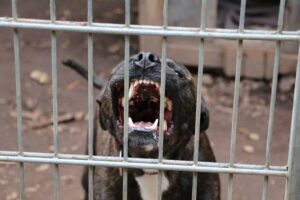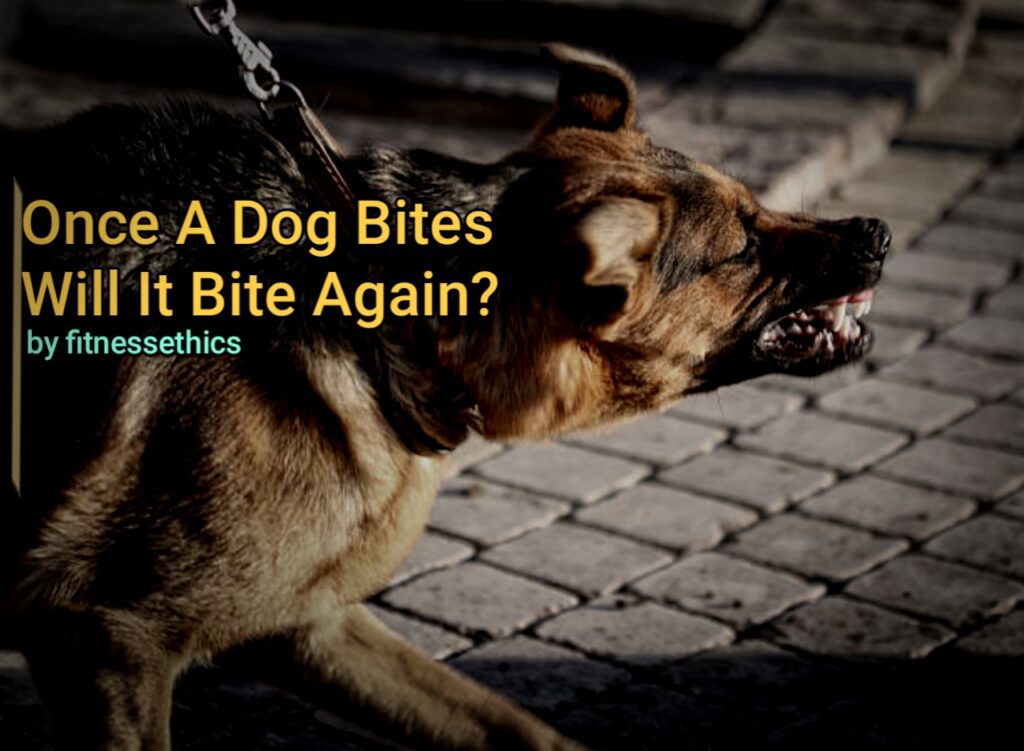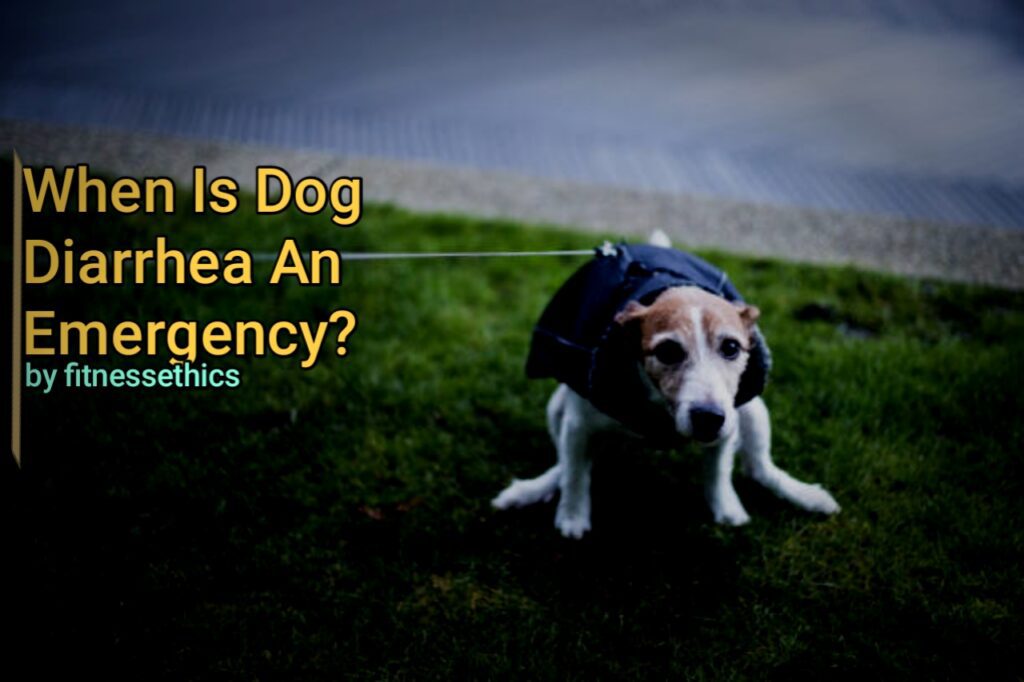Dogs bite because they are scared or feel threatened, but most dogs can be more aggressive and vicious and bite even when they are not threatened. Dog bites should be closely monitored as they can cause infections if not properly attended to.
Infections As A Result Of Dog Bites
Like most other domestic animals, dog bites can cause certain infections, especially when they are not attested to. Here are three infections that can be caused by a bite from a dog.
Tetanus
Tetanus is a serious bacterial infection caused by a bacterium called Clostridium tetani. A dog bite causes tetanus. There’s the need to receive a tetanus vaccine after one gets attacked by a dog.
Rabies
Rabies is passed on from the saliva of infected animals like dogs, bats, coyotes, foxes, skunks, and raccoons. You might be in safe hands if your pup had received their first rabies vaccine between 12 and 16 weeks of age and then a second dose of rabies vaccine a year later.
Sepsis
Sepsis is infection as a result of untreated bites from animals. If you’ve been bitten by your cat or dog, you should ensure you wash the bite with medicated soap and water, then consult your doctor, even if you’re not feeling ill.
Once A Dog Bites Will It Bite Again?
It is not certain that all dogs have rabies. Once your pup has received their first and second dose of rabies vaccine, then you shouldn’t worry about rabies from dog bites. Owing a dog doesn’t actually mean your dog won’t bite you. According to a study from the Center for Disease Control (CDC), approximately 4.5 million dog bites occur in the United States each year, and 800,000 of those bites result in medical care. The U.S. population was approximately 328.2 million people in 2019. That means a dog bites 1 out of every 73 people.
Dogs mostly bite because they are protecting something, which could be their pup, food, or toys, or they feel disturbed. Dog bites also range from minor to life-threatening and should be attended to by medical professionals. Not having had a tetanus shot in five or more years increases tetanus risk and a booster shot may be recommended. Once a dog bites and there is no blood, you should quickly wash the bite with soap and water. If the wound is bleeding, apply pressure with a clean cloth for approximately 5 minutes or until the bleeding stops.
A dog will likely bite a second time, and the next bite might be more vicious than the first. When you’ve been attacked by a wild dog, you should raise an alarm so the owners will come by and get hold of their dog. If the owners are not close by, you should make it obvious that you’re being attacked by a dog. A serious attack by a dog can be more threatening than people assume. According to the Centers for Disease Control and Prevention and the Humane Society of the United States, there are about 4.7 million dog bites every year in the U.S. These bites result in approximately 16 fatalities.
Which Dog Bite The Most?

PitBulls
Pitbulls have the highest percentage of bites and their bites can cause serious injury owing to their strong grip when they bite. They can rip your flesh apart. Studies have shown that the Pit Bull is still responsible for the most fatal attacks in the U.S. by far, killing 284 people over that 13-year period—66 percent of total fatalities. That’s despite the breed accounting for just 6.5% of the total U.S. dog population. This particular breed of dog is rare in some regions but can cause a lot of trouble when unleashed.
Rottweiler
Rottweilers are drover dogs, they protect livestock like cows and sheep from other wild animals like wolves and hyenas. They are also rescue dogs and police dogs. These dogs have a bite strong enough to rip a wolf, bite from Rottweilers can rip your flesh when it grips on it.
Other vicious dogs include:
- German Shepherds
- Chihuahuas
- Bully Breeds
How Can You Keep Your Dog From Biting You?

Preventing your dog from biting and teaching your dog when to bite and when not to bite is a big step every dog owner should always follow. Teaching a wild dog not to bite you can actually be difficult, but it’s achievable. Over the years, when you’ve seen videos and tutorials on how to train your dog not to bite you, you’ll have to consult a professional trainer to get you through this.
In the meantime, here’s a short guide on how to caution your dog not to bite you.
Instead of giving your dog time-outs for hard biting, start to give them time-outs every time you feel his teeth touch your skin. The instant you feel your dog’s teeth touching you, give a high-pitched yelp. Then immediately walk away from him. Ignore him for 30 to 60 seconds. Ignoring your dog after they’ve tried to bite you or after their teeth have touched your skin is a bad step. With that attitude, your dog should know that you’re trying to prevent them from doing so. You’ll have to be consistent with this, and with time, your dog will come to the conclusion that it should bite its owner.
Consulting A Professional If Your Dog Bites More Than Often Is Highly Recommended
[starbox]



